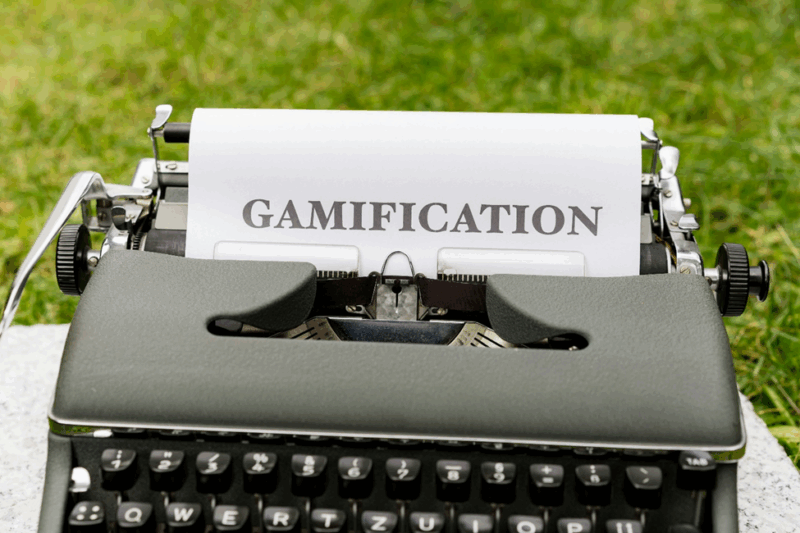
Waiting for news after a job interview can feel like an eternity. Candidates often find themselves in a whirlwind of emotions, questioning every detail of their performance. One common thought that crosses their minds is whether silence from the employer signals good news or bad.
In the competitive job market, understanding the implications of “no news” can help ease anxiety and provide clarity. Many candidates wonder if a lack of communication means they didn’t make the cut or if the hiring process is simply taking longer than expected. This article dives into the nuances of post-interview silence and offers insights to help navigate this uncertain period with confidence.
Is No News Good News After an Interview
The phrase “no news is good news” often applies to job interviews, where candidates experience uncertainty. Candidates may interpret silence in multiple ways. Lack of communication might suggest that the employer is still in the decision-making process.
Absence of updates doesn’t automatically signal a negative outcome. Employers sometimes take longer to finalize decisions due to various factors, such as business needs or other candidates in consideration. This delay doesn’t reflect poorly on the candidate’s performance during the interview.
Candidates frequently grapple with anxiety during this waiting period. It’s crucial to focus on options that foster positivity. Engaging in other job applications or networking can mitigate feelings of uncertainty. This proactive approach helps maintain motivation while awaiting feedback.
Maintaining realistic expectations is also essential. Industry norms vary; some fields typically provide feedback faster than others. Understanding these timelines can help candidates manage their anxieties more effectively.
While waiting for responses, candidates benefit from reassurance that silence might not equate to rejection. Remaining proactive and optimistic can enhance emotional resilience during this process.
Understanding Post-Interview Silence
Post-interview silence can create anxiety and uncertainty for candidates. Recognizing the psychological effects of this waiting period helps candidates manage their emotional responses effectively.
Psychological Impact on Candidates
The emotional strain caused by post-interview silence affects candidates in various ways. They may experience increased stress levels, leading to feelings of doubt and insecurity about their performance. Candidates often engage in overthinking, wondering if their qualifications met the employer’s expectations. This mental state can cause a decline in self-esteem and motivation, impacting current job applications. Remaining aware of these psychological effects can empower candidates to adopt strategies for managing anxiety, such as mindfulness techniques or focusing on self-care.
Common Reactions to Delayed Responses
Candidates commonly exhibit several reactions to delayed responses after interviews.
- Anxiety: Uncertainty breeds anxiety as candidates dwell on the possible outcomes of their interviews.
- Restlessness: Many candidates feel restless, adding pressure to their job search efforts.
- Disappointment: A perceived lack of attention from employers may lead to disappointment and frustration, even if no decision has been made.
- Proactive Measures: Candidates often respond by intensifying their job search activities, applying for new positions, or networking more actively to regain control over their circumstances.
Understanding these reactions can help candidates navigate this challenging phase with resilience and maintain their focus on moving forward.
Analyzing the Implications of Silence
Silence after an interview can carry various meanings, influencing how candidates interpret their job prospects. Clarity emerges when weighing positive outcomes against negative speculations.
Positive Outcomes Vs. Negative Speculations
Candidates often balance between optimism and dread when faced with post-interview silence. Silence can indicate that the employer is thoroughly evaluating all candidates, reflecting a thoughtful selection process. Candidates might consider this a sign of their favorable standing, especially if they felt the interview went well. Conversely, negative speculations arise when silence is perceived as a red flag, leading candidates to question their fit for the role or their interview performance. Understanding this duality helps candidates manage their expectations and maintain a balanced perspective.
What It Means for Your Job Prospects
Silence doesn’t unequivocally determine job prospects. Extended periods without feedback may indicate that the employer is taking time to conclude a thorough evaluation process, which may include other applicants. In some cases, organizational delays unrelated to the candidate’s qualifications could also contribute to the quietness. Candidates should remain proactive by continuing their job search efforts and not placing all their hopes on a single opportunity. By doing so, candidates enhance their chances of success regardless of the outcome of one specific interview.
Strategies for Managing Post-Interview Anxiety
Managing anxiety after an interview involves maintaining a positive outlook and taking proactive steps. Candidates can apply specific strategies to reduce feelings of stress and uncertainty during this waiting period.
Staying Positive and Proactive
Staying positive is essential for reducing anxiety after an interview. Engaging in various job applications creates opportunities and fosters a sense of purpose. Connecting with peers in the industry can provide reassurance and support. Setting daily goals helps focus energy on tasks within an individual’s control. Practicing optimism through affirmations enhances mental resilience. Regular physical activity promotes well-being and reduces stress levels. Exploring hobbies or interests distracts from worrying thoughts and uplifts mood. Cultivating a support network, whether through friends or professional contacts, encourages a constructive mindset.
When to Follow Up After an Interview
Following up after an interview conveys professionalism and genuine interest. Ideal timing for follow-ups typically rests within one week of the interview. A concise email reiterating interest in the position and expressing gratitude for the opportunity is effective. It’s important to be respectful of the employer’s timeline, allowing them adequate time to make a decision. Refrain from excessively frequent follow-ups, as this could be perceived as intrusive. If a specific timeframe for feedback was mentioned during the interview, waiting until that period passes before reaching out is advisable. Preparing thoughtful questions for potential follow-up communications can demonstrate enthusiasm and engagement with the employer.
Candidate Challenge
Navigating the silence after an interview can be challenging for candidates. It’s essential to remember that no news doesn’t always mean bad news. Employers often take their time to make decisions for various reasons that may have nothing to do with a candidate’s performance.
Staying proactive and maintaining a positive mindset can make a significant difference during this waiting period. Engaging in new job applications and networking can help candidates feel more in control and less anxious. By embracing this approach, candidates can enhance their resilience and stay focused on their career goals.





